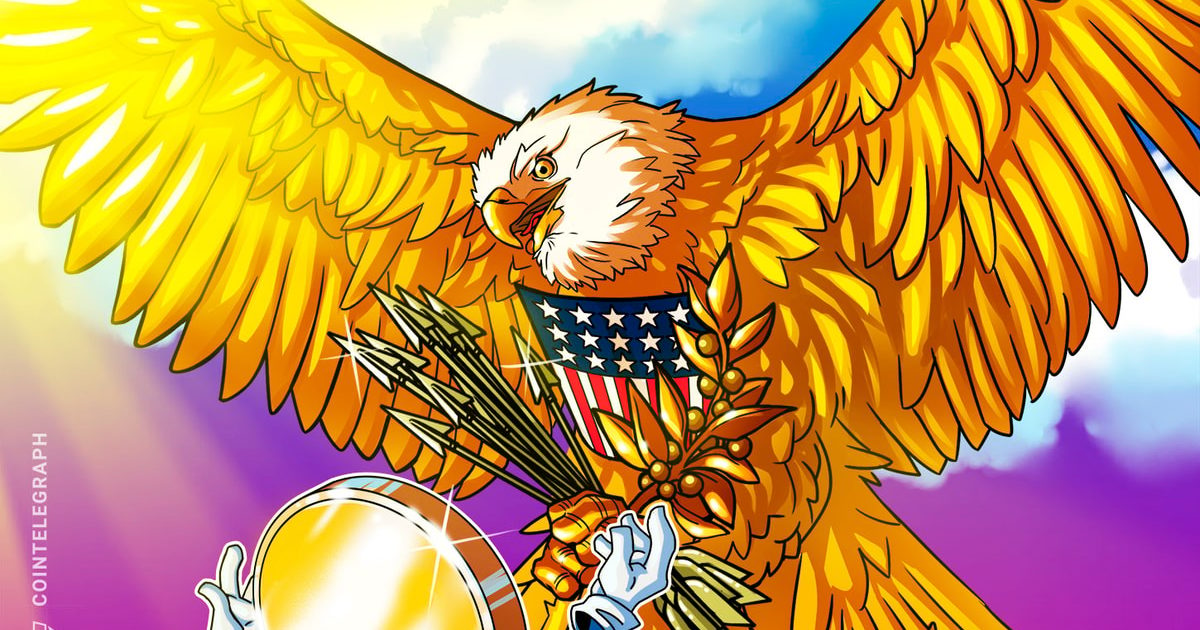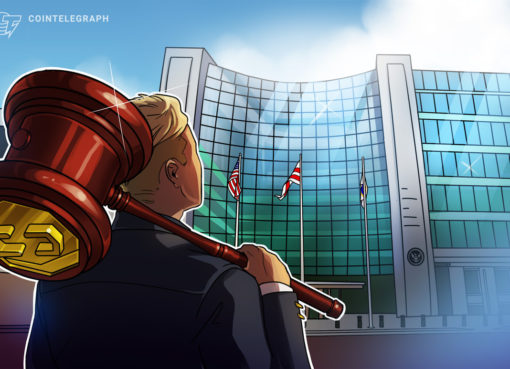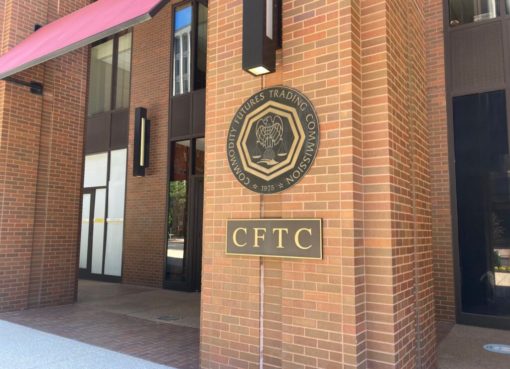On March 29, nonfungible tokens startup Freeport announced that it had passed a Regulation A review by the U.S. Securities and Exchange Commission to launch its blockchain platform for crowd-ownership of a four-piece collection of Andy Warhol prints. Each piece consists of 10,000 shares, with a minimum purchase of 10 per individual, allowing a maximum of 1,000 individuals to own a piece of the Warhol art.
The underlying pieces are prints of iconic blue-chip Warhol works, including Marilyn (1967), Double Mickey (1981), Mick Jagger (1975), and Rebel Without a Cause (James Dean) (1985). Current Andy Warhol paintings on the market can fetch anywhere between $6 to $195,040,000 apiece, according to MutualArt.
As told by Freeport, the SEC clearance allows retail investors to gain fractional ownership of the fine arts market, which is typically exclusive to high-net-worth individuals due to pricing. “Customers can display their pieces in a high-resolution personal gallery, select frames, and view other community members’ galleries with rich social interactions that include comments, likes, and more,” wrote the Freeport team. Colin Johnson, CEO and Co-Founder of Freeport, commented:
“As more and more value moves on-chain, fractionalized art is increasingly being sought after by a younger, yet less financially flexible, class of investors.”
Anyone offering securities in the U.S. must either register with the SEC or seek an exemption. The Regulation A exemption allows companies, mainly startups, to raise $20 million in 12 months in a Tier 1 offering or $75 million in 12 months in the more stringent Tier 2 offering. On April 18, Gary Gensler, chairman of the SEC, will testify before the House Financial Services Committee on regulation towards crypto assets.




